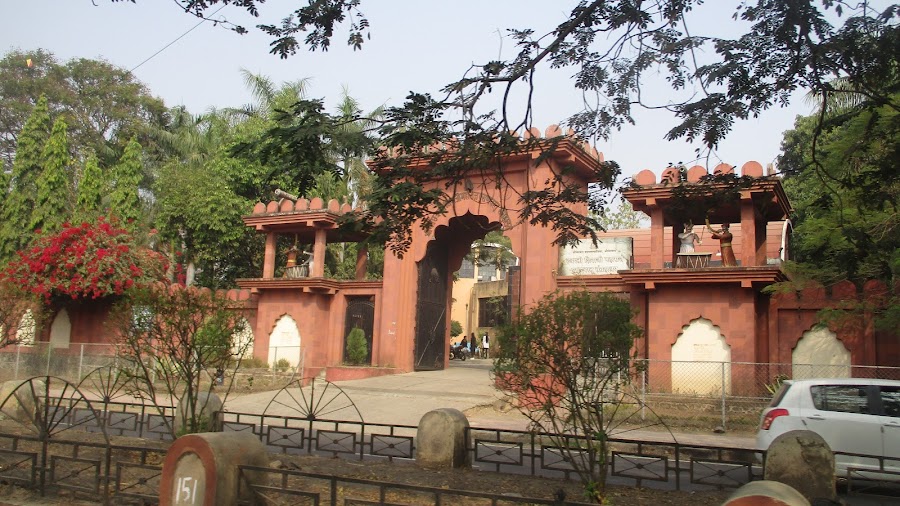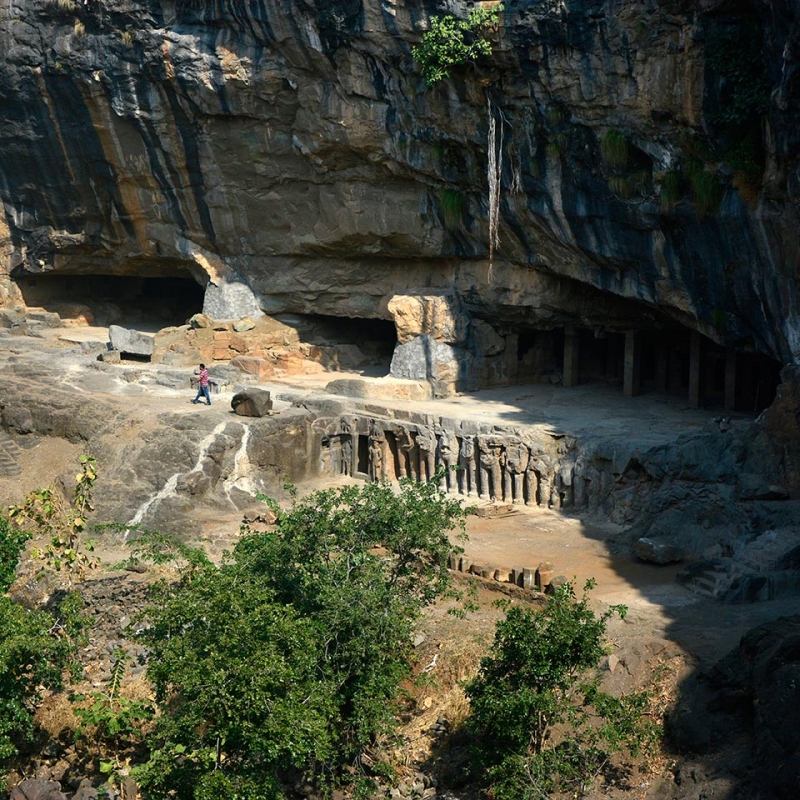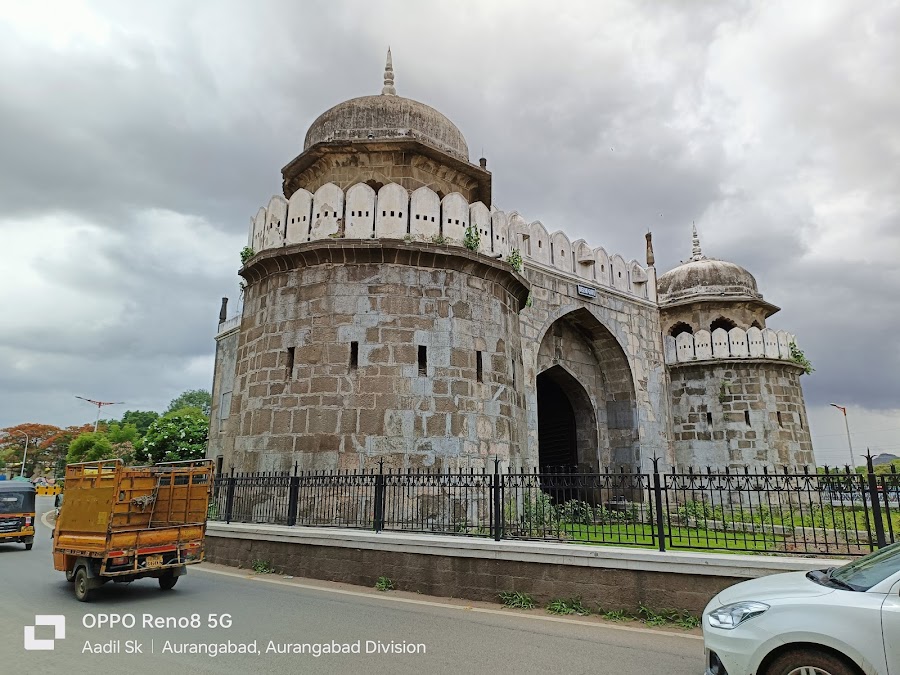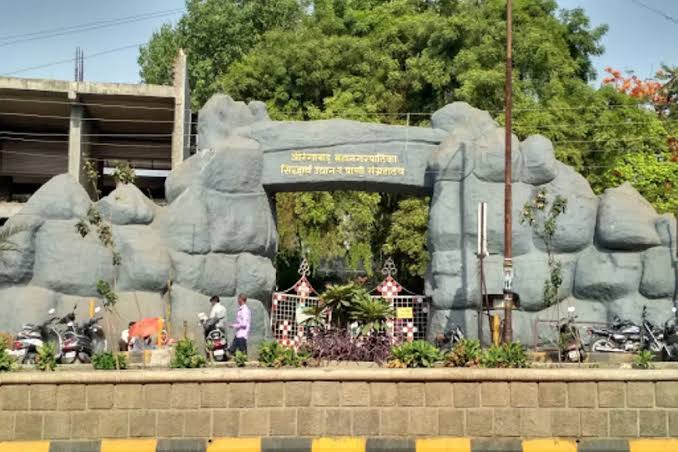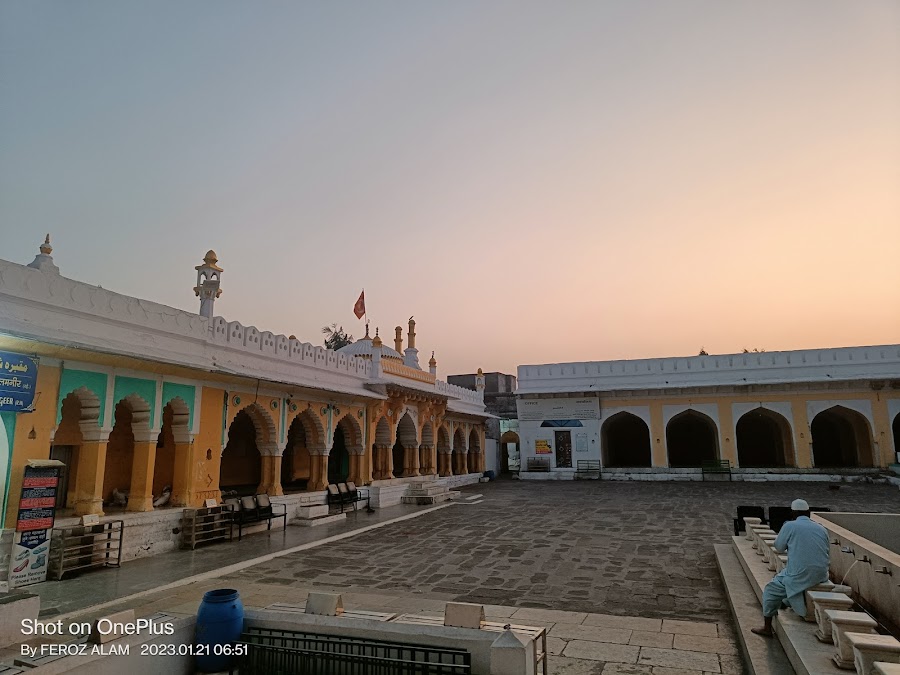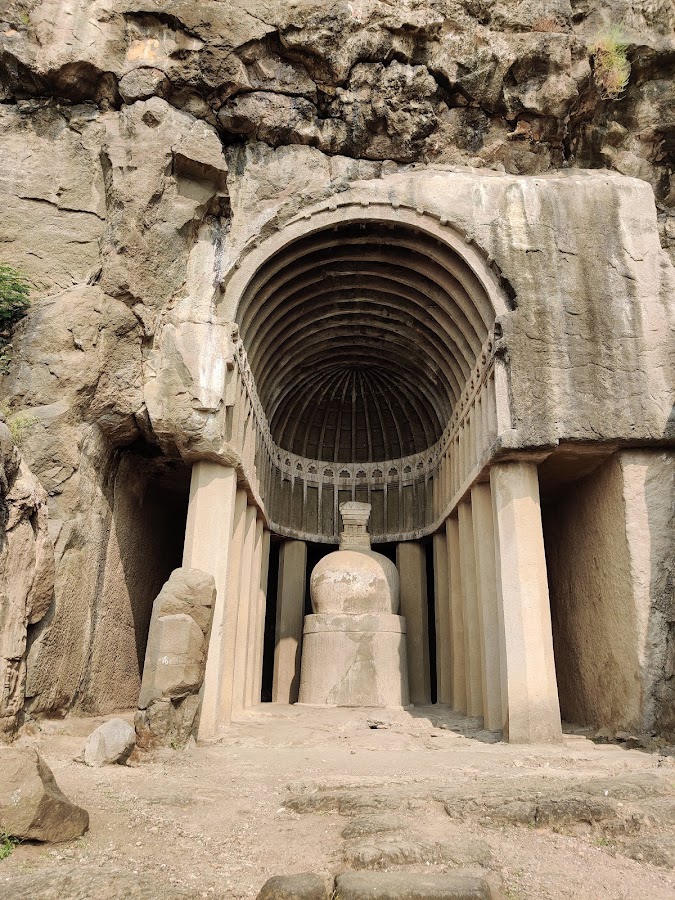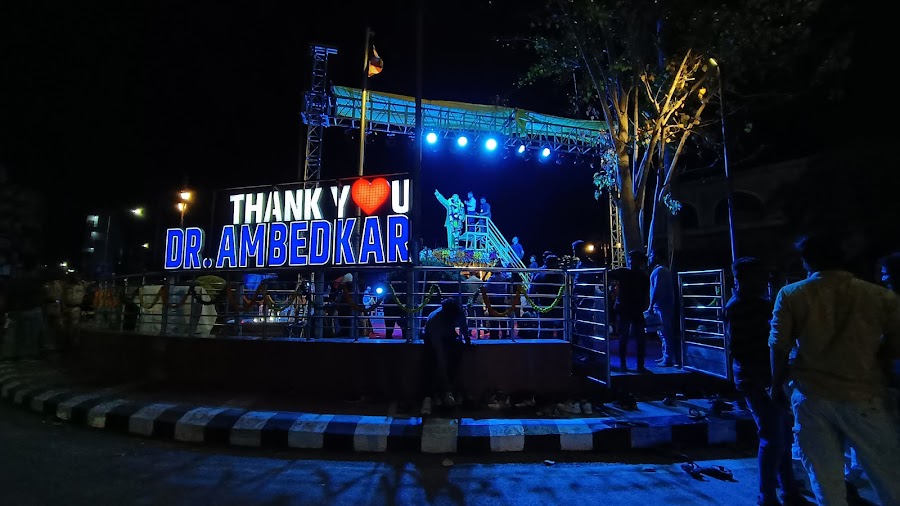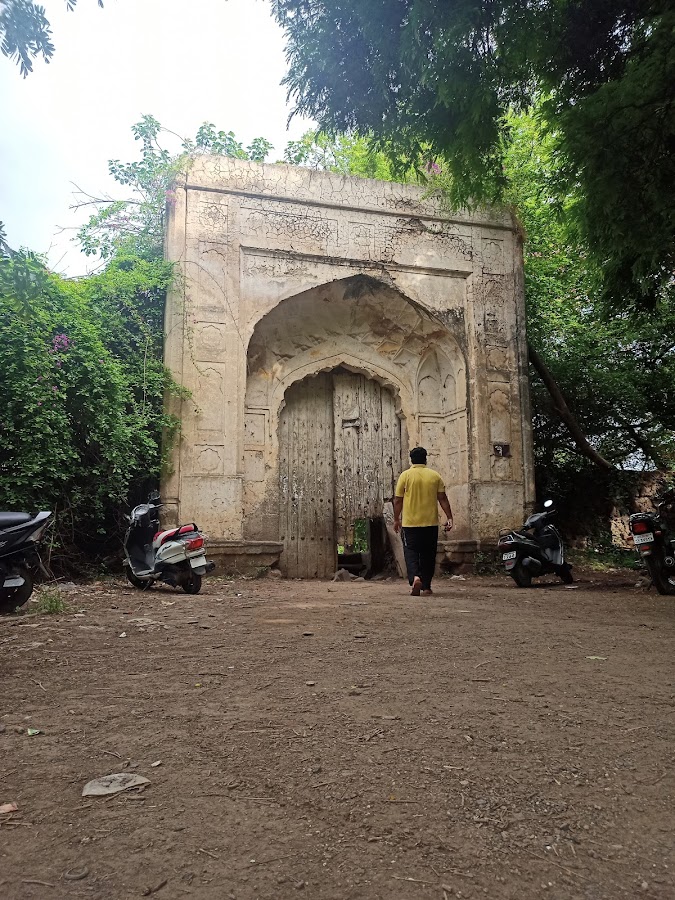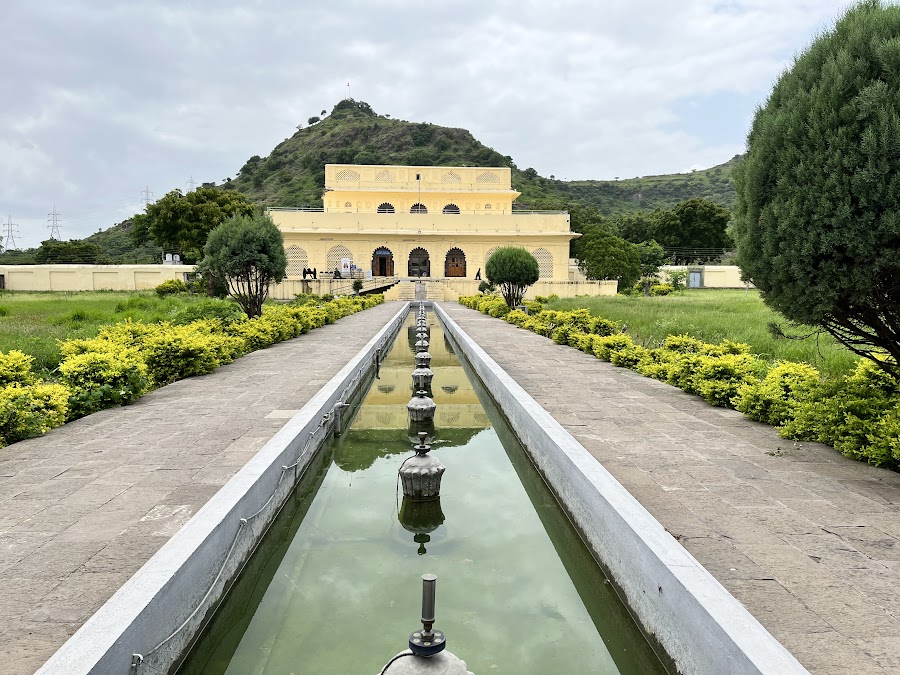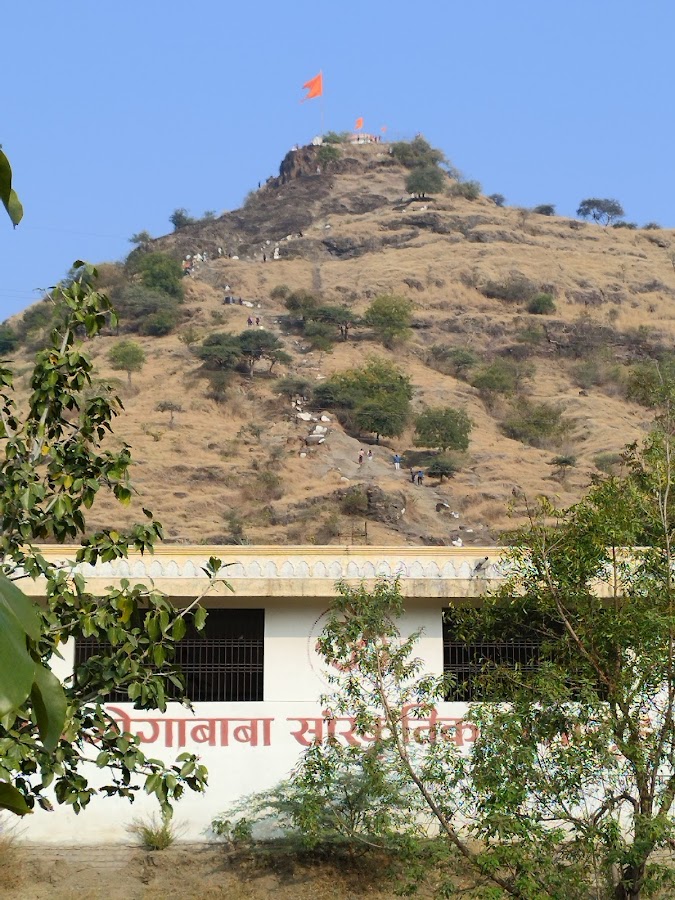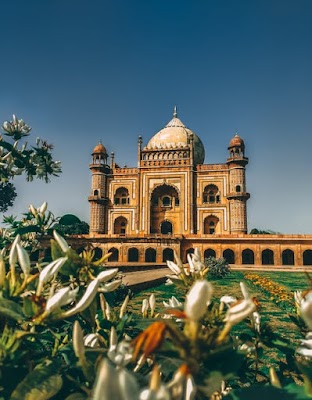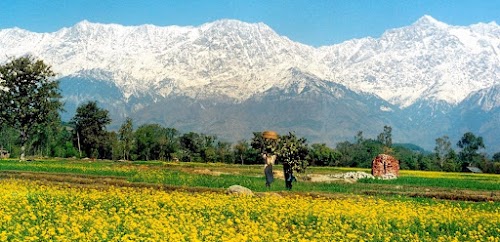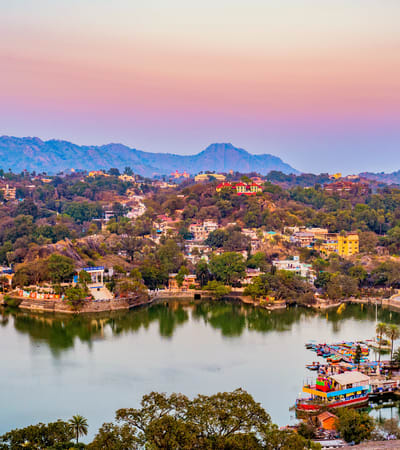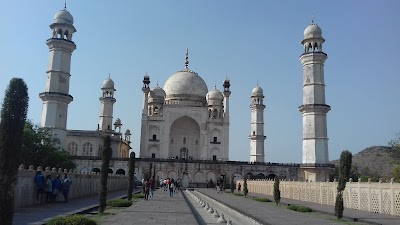
Aurangabad, India
Aurangabad, a city in Maharashtra, India, is a captivating blend of history, culture, and natural beauty. Renowned as the 'City of Gates' due to its numerous historical gateways, Aurangabad is a major tourist hub, primarily known for its proximity to the UNESCO World Heritage Sites of Ajanta and Ellora caves. These ancient rock-cut cave temples showcase exquisite artistry and religious significance. The city itself boasts Mughal architecture, including the iconic Bibi Ka Maqbara, often referred to as the 'Taj of the Deccan.' Beyond historical sites, Aurangabad offers a vibrant local culture, bustling markets, and delectable cuisine, making it a rewarding destination for travelers seeking a diverse and enriching experience.
Known for:
History:
Aurangabad's history dates back to the ancient period, but it gained prominence during the Mughal era. It served as a significant Mughal outpost in the Deccan region. Emperor Aurangzeb spent a considerable part of his life here, and the city is named after him. Before the Mughals, the city was ruled by various dynasties, including the Satavahanas, Vakatakas, Chalukyas, and Yadavas. After Aurangzeb's death, the city came under the control of the Nizams of Hyderabad. In 1948, it was integrated into India after Operation Polo. The city's historical monuments, including the Daulatabad Fort and Bibi Ka Maqbara, stand as testaments to its rich and diverse past.
How to reach:
Aurangabad is well-connected by air, rail, and road. The Aurangabad Airport (IXU) has regular flights from major Indian cities like Mumbai, Delhi, and Hyderabad. The Aurangabad Railway Station is a major railhead on the South Central Railway network, with trains connecting to various parts of India. National highways connect Aurangabad to other major cities in Maharashtra and neighboring states. State transport buses and private bus services are also readily available.
Places in Aurangabad, India
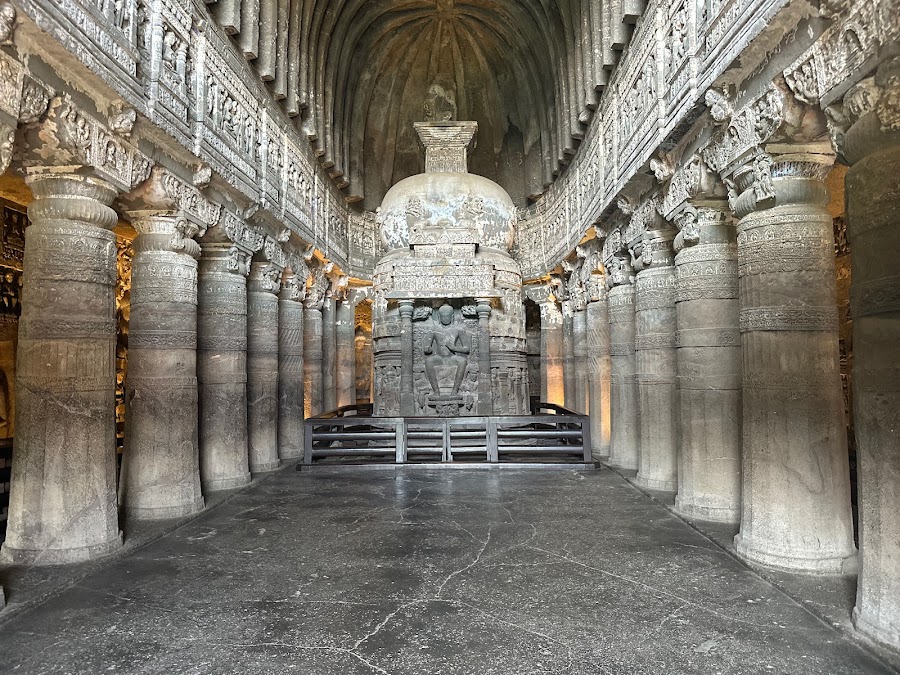
Ajanta Caves
Aurangabad, India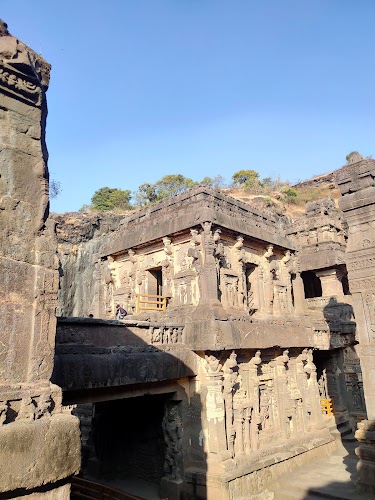
Ellora Caves
Aurangabad, India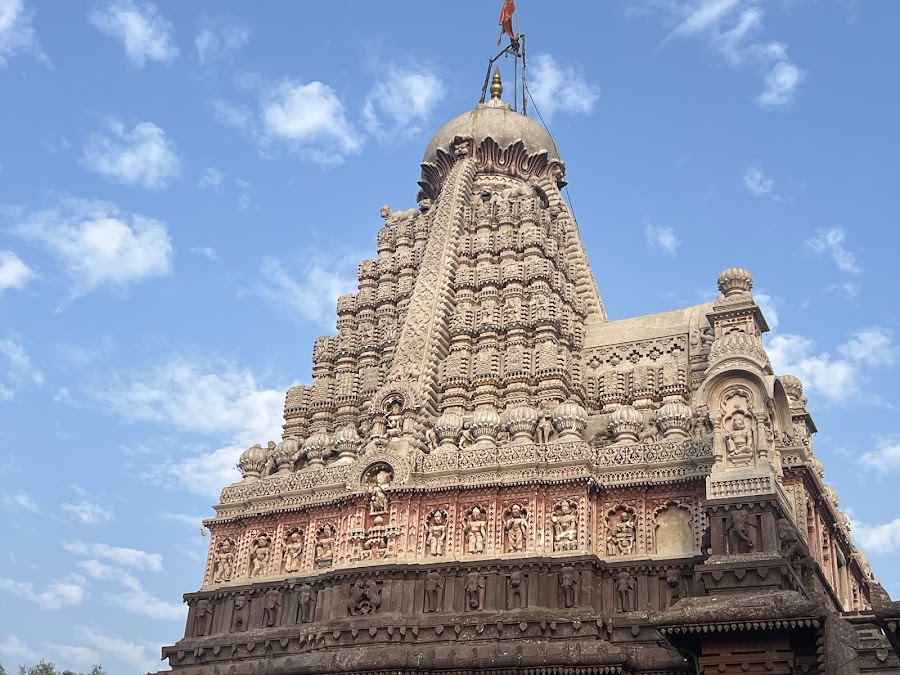
Grishneshwar Temple
Aurangabad, India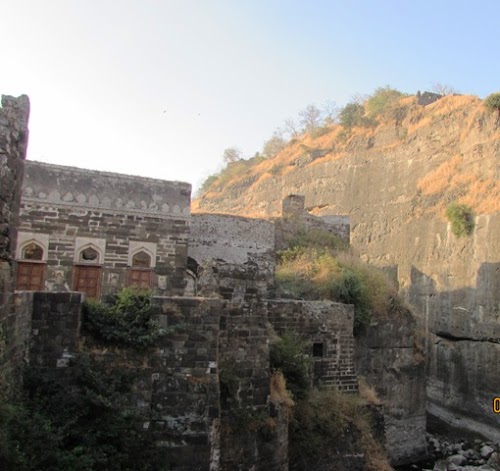
Daulatabad Fort
Aurangabad, India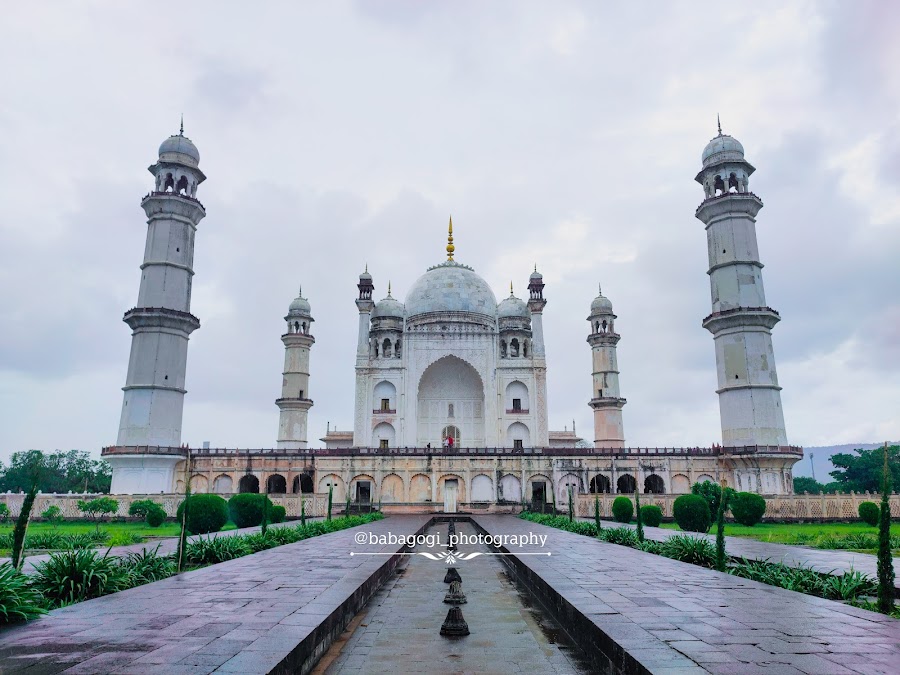
Bibi Ka Maqbara
Aurangabad, India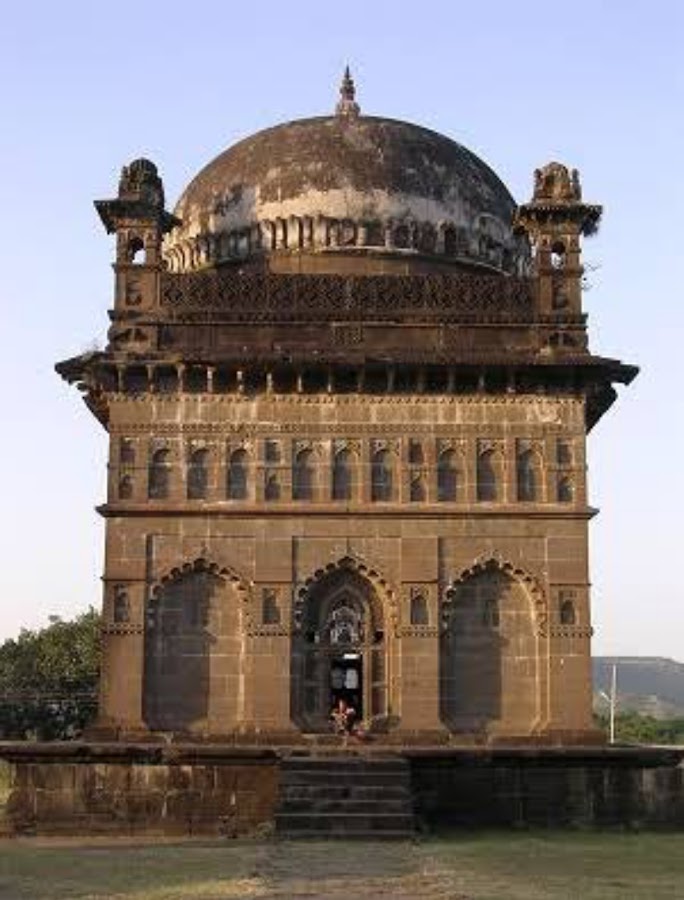
Khuldabad
Aurangabad, India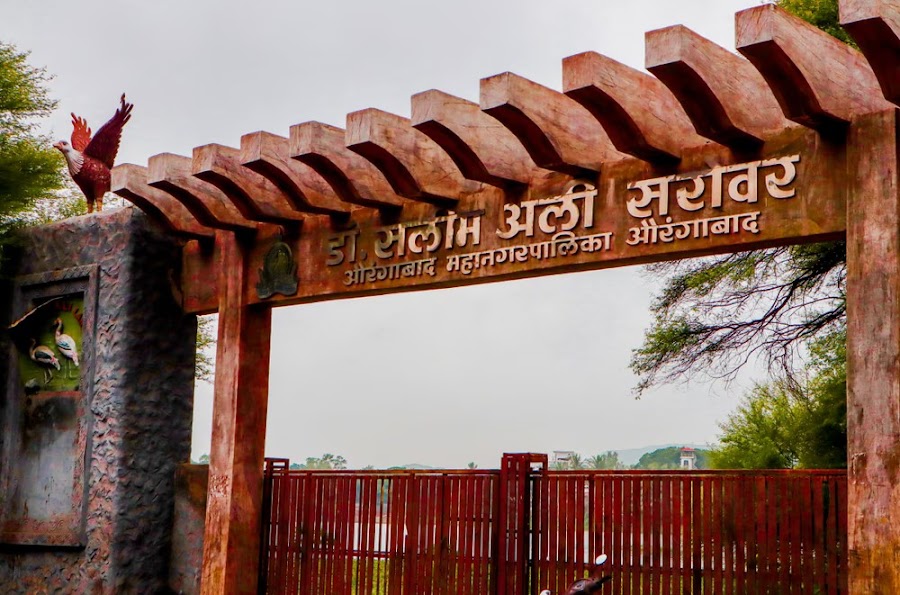
Salim Ali Lake
Aurangabad, India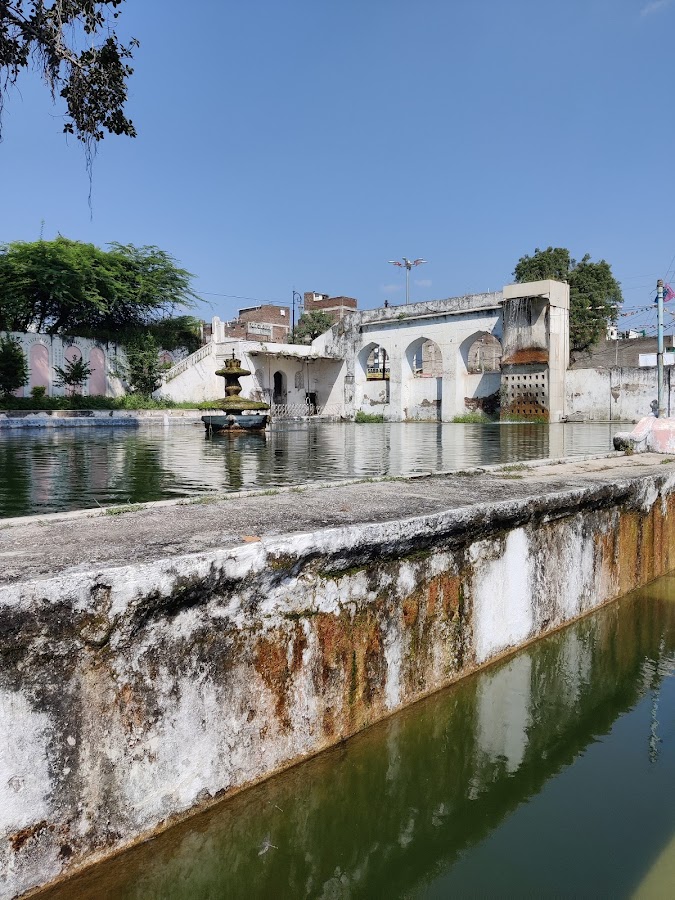
Panchakki
Aurangabad, India